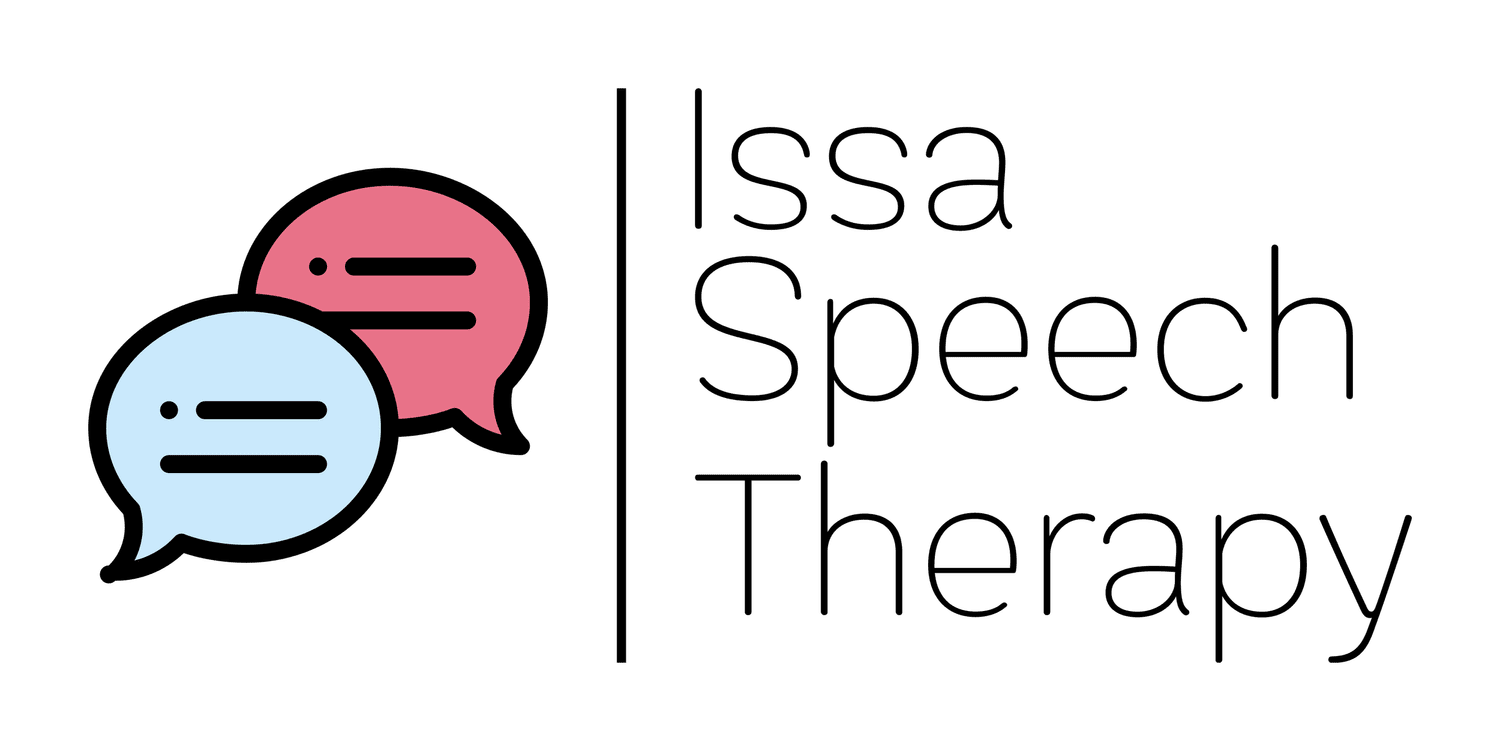
Speech and Language Milestones for 4-Year-Olds
According to the American Speech-Language-Hearing Association (ASHA), the following are some speech and language milestones typically observed in 4-year-old children:

Speech Sounds:
Can be understood by unfamiliar listeners most of the time.
Pronounces most sounds correctly, although some developmental errors may still be present.
May still have difficulty with certain sounds such as "th," "r," "l," "s," and "z."
Vocabulary:
Has a vocabulary of about 1,500-2,000 words or more.
Begins to understand and use more complex words and concepts (e.g., big/small, in/out, up/down).
Uses pronouns correctly (e.g., "he," "she," "they") and may begin to understand and use possessive pronouns (e.g., "mine," "yours").
Grammar and Sentence Structure:
Uses sentences with 4-5 words or more.
Begins to use more complex grammatical structures (e.g., present tense, regular past tense).
Uses pronouns (e.g., "I," "you," "we") and some plurals (e.g., adding "s" or "es" to words).
Communication and Conversation Skills:
Engages in conversations and can stay on topic.
Uses language for a variety of purposes, such as asking questions, telling stories, and expressing feelings.
Begins to understand and use basic prepositions (e.g., "in," "on," "under").
Storytelling and Narrative Skills:
Tells simple, coherent stories with a clear beginning, middle, and end.
Uses more complex sentence structures to describe events and actions.
Begins to understand and use basic story grammar elements (e.g., characters, setting, problem, solution).
Understanding and Following Directions:
Understands and follows 3-step directions.
Can answer simple "wh-" questions (e.g., who, what, where).
Understands basic concepts of time (e.g., yesterday, tomorrow, morning, night).
Does my 4-year-old need speech therapy?
Here are some general guidelines to help you assess whether your 4-year-old might benefit from speech therapy:
Understand typical speech development: It's important to have a general understanding of what is considered typical speech development for a 4-year-old. By this age, most children can speak in sentences of about 4-5 words, use pronouns correctly (e.g., "I," "you," "he," "she"), and be mostly understandable to others.
Pay attention to their vocabulary: Take note of your child's vocabulary size. By age 4, most children have a vocabulary of around 1,500-2,500 words. If your child has a significantly smaller vocabulary or struggles to learn new words, it may be worth considering speech therapy.
Observe their speech clarity: While it's normal for 4-year-olds to make some pronunciation errors, they should be mostly understandable to others outside of the immediate family. If your child's speech is consistently difficult to understand, or if they are not improving in their clarity over time, speech therapy might be beneficial.
Look for difficulties with articulation: Pay attention to any persistent difficulties your child may have in producing certain speech sounds. For example, if your child frequently substitutes or omits sounds (e.g., saying "wabbit" instead of "rabbit" or leaving out the "s" sound), speech therapy could help them improve their articulation skills.
Assess their language skills: Beyond speech, consider your child's overall language skills. Are they able to follow simple instructions? Can they express their thoughts and ideas clearly? If your child struggles with understanding or using language appropriately for their age, speech therapy may be beneficial.
Evaluate social interactions: Notice how well your child communicates and interacts with others. Do they have difficulty engaging in conversations, taking turns, or staying on topic? If they struggle with social communication skills, speech therapy can support their development in this area.
Remember that these are general guidelines, and every child is unique. If you have concerns about your child's speech or language development, contact us at Issa Speech Therapy. An SLP can assess your child's skills more comprehensively and provide professional guidance tailored to your child's specific needs.
Questions before getting started?

